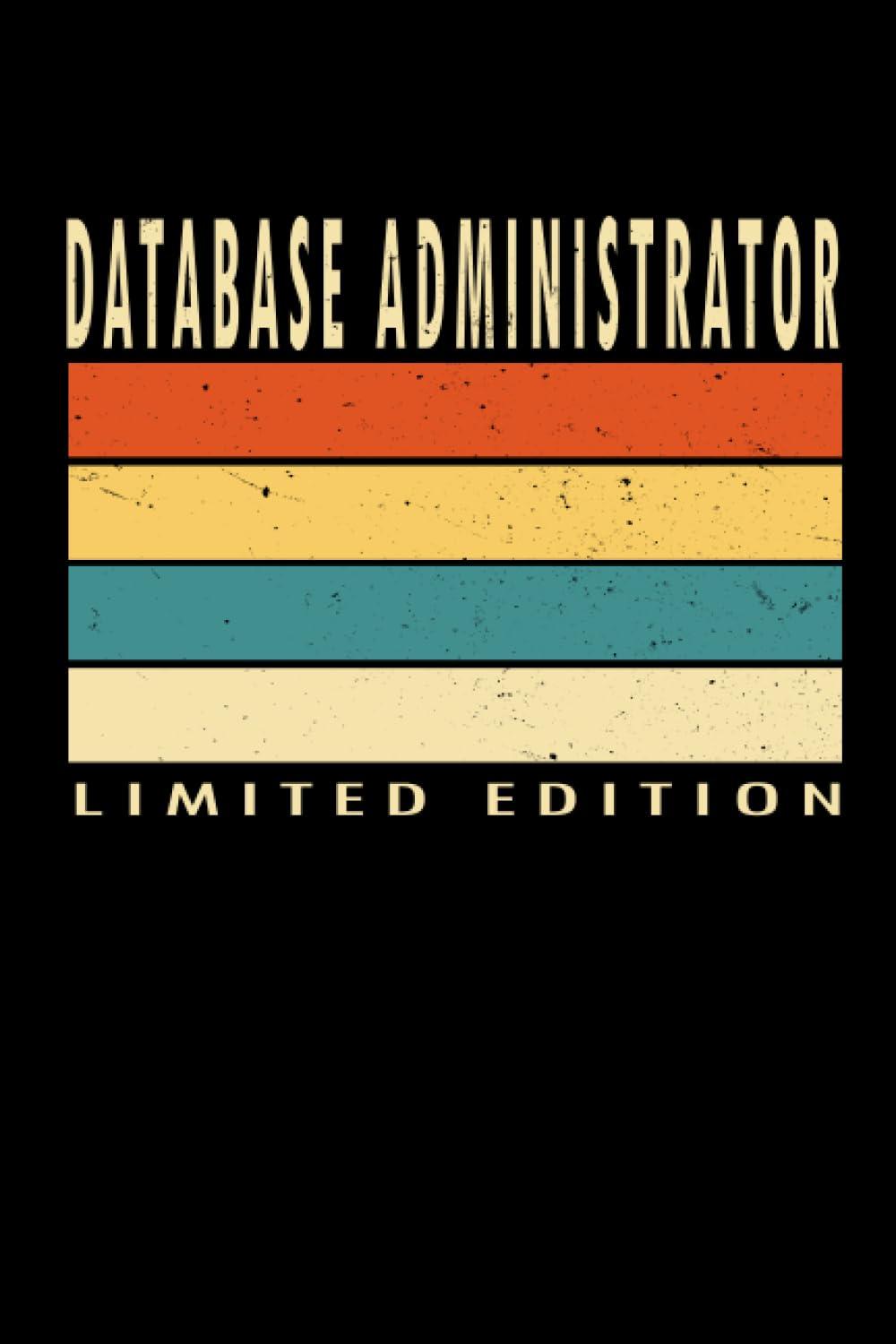Question
Consider the following program: In each case YOU MUST SHOW ALL OF YOUR WORK proc main int x, z; proc A: int a; proc B;
Consider the following program:
In each case YOU MUST SHOW ALL OF YOUR WORK
proc main
int x, z;
proc A:
int a;
proc B;
int x, a;
{ x := 2; a:= 8; call C; print x; } (end B)
proc C;
int z;
{ x := 4; z := 7; print a; } (end C)
{ x := 3; z := 5; a:= 6; call B; print x; } (end A)
proc D;
int x, b;
proc E;
int x, z;
{ x := 5; z:= 11; call F; print x; } (end E)
proc F;
proc G;
{ print z; x:= 8; call A; print x; } (end G)
{ print x; call G; x:=7; } (end F)
{ x := 12; call E; print x; } (end D)
{ x:= 1; z := 9; call D; print x; } (end main)
(a) (6pts) What is the program output assuming static scoping rules are employed?
(b) (6pts) What is the corresponding output when dynamic scoping rules are employed?
(c) (5pts) List all of the units (proc's) that proc C can call (assuming static scoping).
(d) (4pts) Specify the referencing environment of proc F (assuming static scoping)
That is, list the variables that are visible to proc F
(e) (4pts) Specify the referencing environment of proc F (assuming dynamic scoping)
That is, list the variables that are visible to proc F
Step by Step Solution
There are 3 Steps involved in it
Step: 1

Get Instant Access to Expert-Tailored Solutions
See step-by-step solutions with expert insights and AI powered tools for academic success
Step: 2

Step: 3

Ace Your Homework with AI
Get the answers you need in no time with our AI-driven, step-by-step assistance
Get Started


